

PET worldwide spoke to manufacturers and speciality retailers about the situation of aquatics in the international market. There are significant differences between countries when it comes to market size and development in the aquatics segment.
Aquatics companies headquartered in Germany enjoy a good reputation worldwide. The products of Tetra, for example, are marketed in nearly 120 countries across the globe. The company also has its own branches in France, the UK, Japan, the USA, Italy, Poland, Singapore, China and elsewhere. "The export business is extremely important to Tetra," stresses Koord Janssen, director of marketing and innovation. Another company held in equal esteem is the long-established firm Sera. Its export business is of great importance as it "accounts for a considerable share of overall sales," says company founder Josef Ravnak. It's a similar picture at Dohse Aquaristik: "The export trade has been highly significant for us for many years," says managing director Axel Pinders. In contrast to the domestic market in Germany, where it works primarily with the retail trade, Dohse cooperates mostly with wholesalers and importers when it comes to exports. Europe is its key market here, and last March the company created a specific position for an export manager.It isn't only German aquatics companies that set great store by exports, however, as demonstrated by the UK company Reef-One with its "biOrb" aquarium line, which was developed in house. "Exports are very important to us, which is why we currently sell in 22 countries," general manager Paul Stevenson states.Breaking out of a static marketAs explained in the following report on the aquatics market (see page 32), the international trend in the aquatics business is far from uniform when comparing countries. The scars left by the global recession have contributed significantly to this. Koord Janssen of Tetra comments that "Some markets are moving forward positively again, while other countries are experiencing a decline. On the whole, however, we are seeing a positive overall trend." Sera reports that the markets in western EU states and in North America are saturated, and a fierce contest is raging for market share in these regions. "Russia and eastern Europe are developing well for us," says Josef Ravnak. The experienced entrepreneur believes the Asian market holds huge potential, even if it poses difficulties too: "From our point of view, the Asian market is rather more difficult to service, because it often lacks the structures that would be necessary for efficient distribution.""The 'biOrb' is developing exceptionally well in all major European markets. Concentration during the last four years has been in the US, where…
Related articles
Read also

 Menü
Menü






 5/2012
5/2012
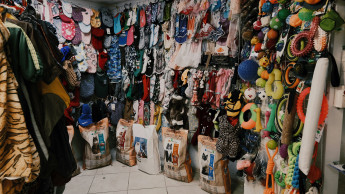


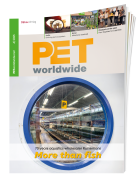
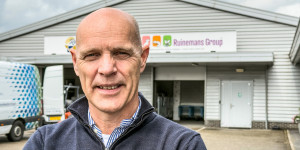

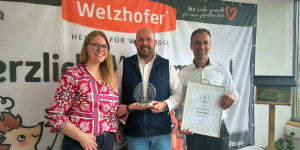


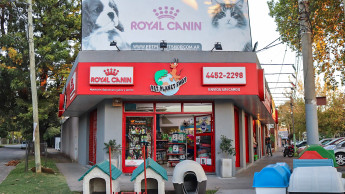
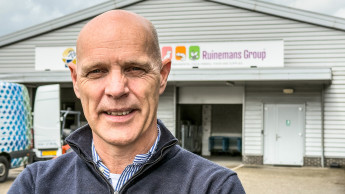
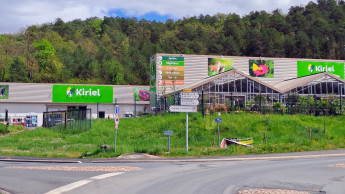
 Newsletter
Newsletter